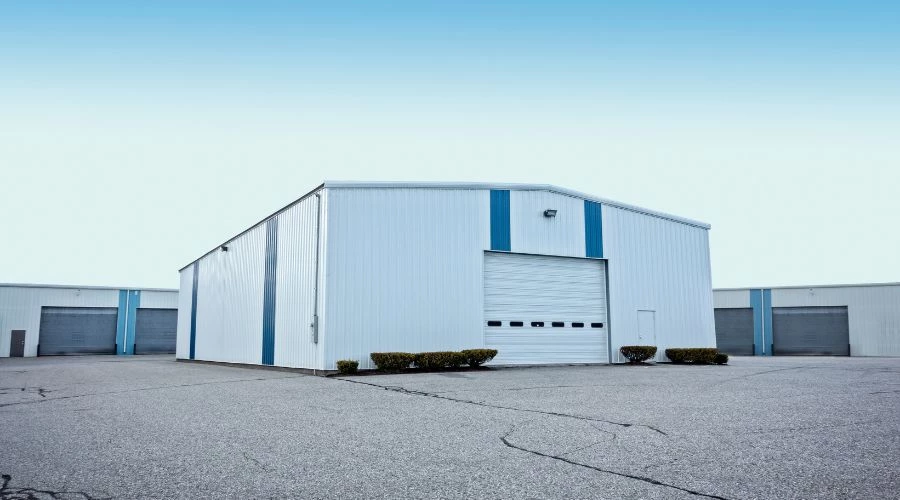
Leasing a warehouse is a common choice for companies that require area to store their inventory and commodities. While purchasing a warehouse may require a substantial investment, many firms find that leasing is a more adaptable and affordable option. In this blog, we'll look at the advantages of warehouse leasing and how companies may take full use of this choice.
Capital Availability: Renting a warehouse saves you the expense of building or purchasing a warehouse. Instead, you may utilize that money to make investments in your main lines of business, like stocking up on supplies or growing your enterprise. You can enhance your cash flow and preserve your financial resources by this method.
Tax Deductions: Renting a warehouse might give you tax advantages. You can lower your overall tax obligation by deducting the rent you pay for a warehouse. You might also be able to write off the warehouse's depreciation as a business expense.
Repair and Maintenance cost saving: When you rent a warehouse, the building's upkeep and repairs are not your responsibility. All maintenance and repairs are normally the landlord's responsibility, which can save you a tonne of money and hassle over time.
Save Time: Renting a warehouse can help you save time because you won't have to look for a location, plan the layout, get permission, and build the warehouse. Instead, you can concentrate on your main lines of business while leaving the logistics of the warehouse in the landlord's hands.
Flexibility of moving and expanding: Renting a warehouse gives you the freedom to relocate or grow your company without having to worry about leasing or selling the real estate you already possess. You can just walk away from your lease and go to a new warehouse.
Less red tape and paperwork: Compared to owning a warehouse, renting one includes less red tape and paperwork. You can save time and effort by letting the landlord handle all the legal documentation and regulatory compliance.
Renting a warehouse has a number of benefits over buying one, including cost, time, and effort savings, as well as giving businesses the freedom to grow and relocate as needed.
Companies have to get into documentation work and spend their time on leasing the warehouse. There are multiple factors to consider in leasing a warehouse such as:
Establish Your Needs: Prior to renting a warehouse, firms must ascertain their needs, including the dimensions, location, and features they desire. This will enable them to focus their search and locate a warehouse that suits their requirements.
Research Potential Locations: After deciding on their needs, firms need to look into potential locations that fit their needs. This involves taking into account how close things are to customers, suppliers, and transportation hubs.
Get in touch with a commercial real estate agent: An agent can assist firms in locating appropriate properties, negotiating lease terms, and offering direction throughout the leasing process.
Review Lease Terms: Before signing a lease agreement, businesses should thoroughly review the terms. This covers the rental fee, the length of the lease, and any other costs or levies.
Before agreeing to a lease, businesses should inspect the property to make sure it is in good shape and satisfies their needs.
Sign the Lease: After looking over the terms of the lease, firms can sign the agreement and start using the space.
Conclusion:
Leasing a warehouse or a commercial property can be hectic and a tedious task. It consumes time, money and effort of a company planning to lease a warehouse. 13SQFT can help its clients solve their problems and can be a valuable resource in leasing the warehouse.
POSTED BY
Ishika Adhana
Digital Marketing Executive